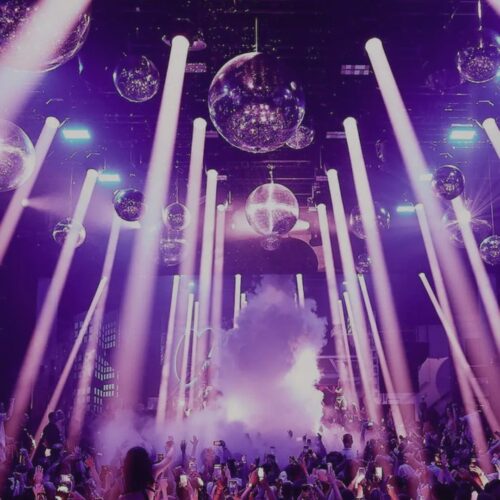- Emily Syphas
- January 9, 2024
Why Do You Start Drinking According To Chat GPT?
I had a coaching client today ask: why did I start drinking? and it got me thinking about my own journey. I suppose for most of us it wasn’t necessarily why do I start drinking? It was more WHEN could I start drinking? There wasn’t really a question about if this was going to happen it was almost a predestined rite of passage which was bound in our social fabric.
I think there are many different reasons for this and everyone is so individual when it comes to their complex or simple relationship with alcohol depending on who you are, I very much sit in the complex camp. This week I decided to dive a little deeper to see what CHATGPT thinks and see what they think of this complicated topic. I actually think they have done quite a good job of explaining this topic (maybe even better than I could).
Alcohol consumption has been a part of human society for centuries. While some individuals choose not to drink, others find themselves drawn to alcoholic beverages. The motivations for drinking alcohol are diverse and can vary significantly from person to person. In this article, we aim to shed light on some common reasons why people drink alcohol.
Socialisation and Relaxation
One of the primary reasons people consume alcohol is to enhance social experiences and promote relaxation. Alcoholic beverages are often associated with celebrations, gatherings, and social events. Many cultures around the world have social customs where alcohol plays a central role – be it sharing drinks with friends, toasting to significant moments, or using alcohol to break the ice in social interactions. The relaxing effect of alcohol can also help individuals unwind, ease social anxiety, and temporarily escape from the stresses of daily life.
Cultural and Ritual Significance
Alcohol holds significant cultural and traditional value in various societies. It frequently plays a role in religious ceremonies, rites of passage, and cultural practices. Examples include champagne toasts at weddings, the use of wine in religious rituals, and the traditional consumption of sake in Japan. Alcohol, in these contexts, is often seen as a symbol of unity, celebration, and the preservation of cultural heritage.
Curiosity and Exploration
People may choose to drink alcohol out of curiosity or as part of exploration. Experimentation with different alcoholic beverages allows individuals to broaden their experiences and expand their gastronomic preferences. Sampling new drinks, wines, beers, or spirits can be an exciting way of discovering different flavors and textures, leading to a greater appreciation for the art and craftsmanship behind alcohol production.
Enhancing Mood or Euphoria
Alcohol can temporarily alter an individual’s mood by acting as a depressant on the central nervous system. Some individuals turn to alcohol in an attempt to escape negative emotions or temporarily experience feelings of euphoria. The initial buzz and sense of relaxation derived from alcohol are enticing for those seeking a break from their everyday routine or wishing to alleviate stress temporarily.
Peer Pressure and Social Norms
Peer pressure and social norms can significantly influence an individual’s decision to drink alcohol. Many social environments, especially among younger individuals, can exert social pressure to drink as a way of fitting in or conforming to group dynamics. The fear of missing out or being judged for not drinking can further influence someone’s choices.
Coping Mechanism and Self-Medication
Alcohol may be used as a coping mechanism for dealing with emotional pain, stress, or mental health issues. Some individuals may turn to alcohol as a form of self-medication to numb feelings of anxiety, depression, or loneliness. However, it is crucial to note that relying on alcohol as a long-term coping strategy can lead to dependency and exacerbate mental health issues.
The motivations behind alcohol consumption are multifaceted and can be deeply rooted in social, cultural, and individual factors. While many people enjoy alcohol responsibly and in moderation, it is essential to recognize the potential risks associated with excessive or problematic drinking habits. Educating oneself about alcohol consumption, understanding personal motivations, and seeking healthier alternatives to cope with negative emotions are crucial steps to living a sober lifestyle or indeed being able to be more mindful about consumption.






